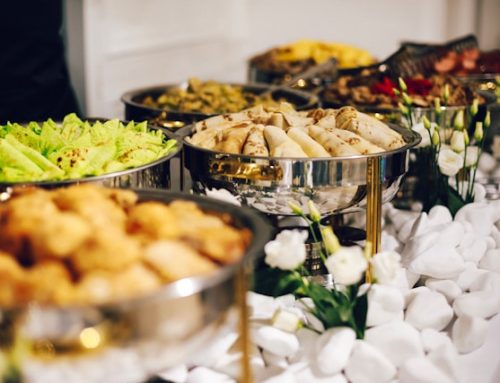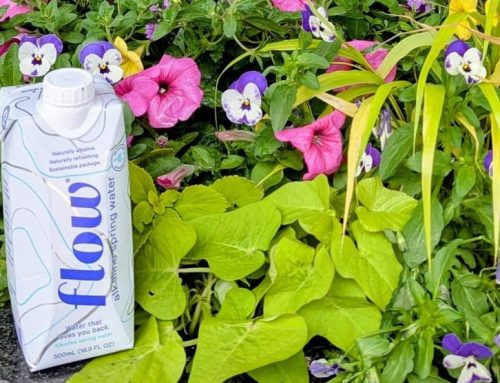Sustainable Event Planning: 5 Key Details Venues Should Include in Their RFP Responses
We previously shared that the best place for planners to bake sustainability into their planning process is starting with the request for proposal (RFP). While Cvent shared a guide to winning more business, we recommend including a section on Sustainability. But what exactly should you be including? Whether the RFP asks a generic question on a venue or destination’s sustainability policies, or detailed ones shared here, this is what we recommend:
Location and Travel
In an event, the largest contributor to its carbon footprint is travel. To showcase your space from this perspective, highlight the following:
- That you’re central within the city (use a tool like Walkscore to support this)
- It’s easy to get to the venue from the airport – think of shuttles, trains or walking
- If you’re not a hotel, highlight all the nearby accommodation options i.e. walkable
The less individual transportation required, the better for your potential client’s event.

Included Amenities
Not only are included amenities budget-friendly for your clients, but they’re also more sustainable! Because when it comes to the impact of travel on an event, suppliers are included as well. So emphasize the significance of these items from an environmental point of view:
- Any and all furniture, linens, plants, florals or amenities available at your site*
- Any built-in A/V
- All biophilic design features (indoor natural spaces or plant walls)
- All reusable serving ware, tableware etc.
The fewer items that need to be transported on-site, the lower the environmental impact.
*You can even highlight where these items are sourced from, is it local? In season? Do these organizations have any sustainability initiatives?
Food and Beverage
The second-largest factor affecting an event’s carbon footprint is food and beverages. Here are some considerations to include in the Sustainability section of your proposal:
- That your catering is on-site (i.e. no extra transportation)
- There’s a comprehensive vegetarian or vegan menu (or perhaps a sustainable menu)
- Food sourcing:
- Local ingredients (within 100 km)
- Organic and in-season produce
- Food service:
- In reusables
- Small individual plates for buffet style
- Staff are trained on sustainability, such as not pre-pouring beverages
- Partnership with a food recovery organization like Second Harvest, Chef de Tablee, or a local food bank
- Wines are sourced from local and biodynamic wineries
- Beers from local breweries

Water and Energy Consumption
When it comes to the building structure itself, there are certifications that encompass all energy efficiency standards, such as LEED, Green Key Global, Green Seal, and ISO 14001. That being said, if your building doesn’t hold any of these, share the following features instead:
- LED light bulbs
- Energy Star appliances
- Low-flushing toilets and faucets
- Perhaps having hand dryers versus paper towel
- Any room sensors for lights and your HVAC system
Remember that new builds and retrofits aren’t the only way to reduce energy consumption from events.
Waste Management
Another significant component of an event’s environmental impact comes from your waste management. Share some insights into your front and back-of-house waste sorting practices:
- That you have bins for organics, recycling, and garbage in front of house
- Your staff are diligent about sorting recycling and compostable items back of house
- You can provide resources from your waste hauler on what is accepted into recycling and organic bins
- Your organic bins can accept compostable containers and not just food waste
- You can weigh and share waste reporting metrics
Staff Training and Reporting
The final piece of vital information to share in the sustainability section of your RFP is:
- Any ongoing training for your staff and any reporting your team can provide post-event
- Waste diversion rates
- Energy consumption
- Carbon footprint of their menu
- Amount of food or meals donated
This is a great way to share additional information with your clients so they can report back to their teams!
Curious about how your venue or hotel can improve your sustainability initiatives to win bids? Book a FREE discovery call to learn more about how Eco-Friendly Events can support.







Pretty! This has been a really wonderful post. Many thanks for providing these details.
Good post! We will be linking to this particularly great post on our site. Keep up the great writing